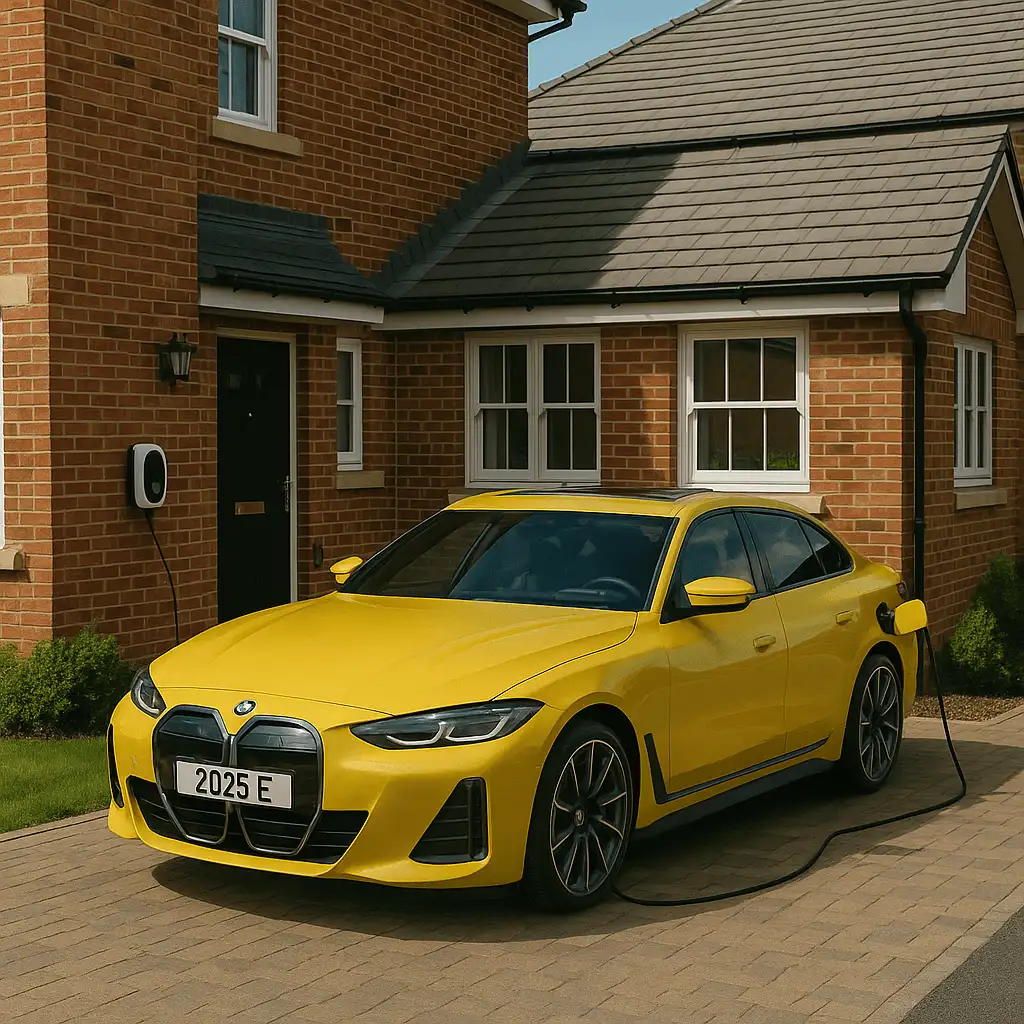Crossing the £100,000 income threshold can be more costly than you might expect. Once your earnings exceed this figure, your personal allowance (£12,570 of tax-free income) begins to taper away. For every £2 you earn above £100,000, you lose £1 of allowance. By the time your income reaches £125,140, it is completely removed.
This creates a punishing effective marginal tax rate of 60% between £100,000 and £125,140 — far higher than the advertised 40% higher-rate tax.
The good news is that there are entirely legal ways to reduce your taxable income, preserve your allowance, and avoid paying more tax than necessary.
Here are three of the most effective strategies.
1. Make Pension Contributions
Pension contributions are one of the most straightforward ways to reduce taxable income.
Contributions to workplace or personal pensions are deducted before tax.
This reduces your adjusted net income, the figure HMRC uses when calculating personal allowance tapering.
Higher-rate taxpayers receive 40% relief, and additional-rate taxpayers can claim 45% relief.
Example:
An employee earning £105,000 makes a £5,000 pension contribution. Their adjusted income drops to £100,000, and they keep their full personal allowance.
Salary sacrifice isn’t just for pensions — you can also use it to drive a brand-new electric car while cutting your taxable salary.
How it works
- You agree to give up part of your salary in exchange for a fully maintained car lease.
- The deduction is taken before tax and NI, lowering your gross taxable income.
- Electric vehicles are treated as a Benefit-in-Kind (BiK) but taxed at just 3% until April 2025, making them extremely efficient.
Example:
A professional earning £102,000 takes out a salary sacrifice agreement on a Tesla Model Y. Their gross salary falls to £97,000, putting them back below the £100,000 threshold and restoring their personal allowance.
Typical inclusions in salary sacrifice car schemes
- Fully comprehensive insurance
- Servicing and maintenance
- Tyres and breakdown cover
- Road tax
UK providers to consider
Known for flexibility, offering short-term leases and subscriptions alongside salary sacrifice.
Family-run provider with an emphasis on premium EVs such as Tesla and Mercedes, offering flexible contracts and transparent pricing.
Octopus EV
Links schemes with home charging and renewable energy tariffs.
Love Electric
Sustainability-focused, helping businesses cut their carbon footprint.
Salary sacrifice car schemes can be one of the most enjoyable ways to stay under £100k — you save tax while driving a brand-new EV.
3. Make Charitable Donations (Gift Aid)
Supporting charity can also reduce taxable income.
Donations made through Gift Aid are treated as if basic-rate tax has already been deducted.
Higher- and additional-rate taxpayers can claim extra relief.
Your adjusted net income is reduced by the grossed-up value of the donation.
Example:
A £800 donation reduces taxable income by £1,000. Someone earning £101,000 would drop back to £100,000, restoring some or all of their personal allowance.
Other Benefits of Keeping Your Income Below £100,000
Avoiding the £100k threshold isn’t just about preserving your personal allowance. There are other knock-on advantages, especially for families:
30 Hours Free Childcare – Available for eligible parents of 3- and 4-year-olds, but not if either parent earns over £100,000. Keeping income below this figure ensures continued access.
Tax-Free Childcare – Worth up to £2,000 per child per year (or £4,000 for disabled children). Again, you lose eligibility if your income exceeds £100,000.
Student Loan Repayments – Lower adjusted income can reduce the repayment amount for those still paying off student loans.
Child Benefit Charge – While this begins at £50,000 income, managing overall taxable salary may help prevent or reduce the High Income Child Benefit Tax Charge.
These additional factors mean that for many families, the effective “cost” of crossing £100k can be far more than 60%.
Putting It All Together
High earners in the UK face a steep financial penalty once salaries creep above £100k. But with careful planning, you can:
Grow your retirement savings with pension contributions
Drive a new EV and save tax through a salary sacrifice car scheme (with providers like Cocoon Vehicles, EZOO, Octopus EV, and Love Electric)
Support good causes through Gift Aid donations
Retain access to valuable family benefits like childcare support
The key is to plan ahead, use the allowances available, and choose the strategies that best fit your lifestyle.
FAQs
Why does the 60% tax rate exist?
It isn’t an official band. It happens because your personal allowance is withdrawn as your income rises above £100k.
Can combining these methods be effective?
Yes. For example, pension contributions and salary sacrifice can work together to keep income well below £100k.
Do all EV salary sacrifice providers offer the same cars?
No. Some, like EZOO, focus on premium models, while others, such as Cocoon Vehicles, are known for flexible and short-term contracts. Always compare.
What happens if I cross £100k one year but not the next?
Your personal allowance and childcare entitlements are assessed on annual income, so dropping back below £100k restores them.


